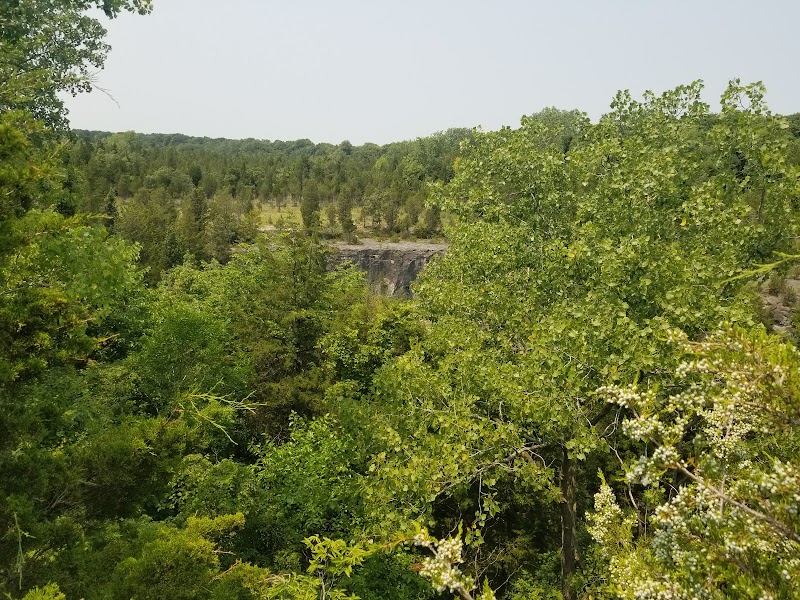
Magee Marsh Wildlife Area
Magee Marsh Wildlife Area is a vital wetland habitat on the southern shore of Lake Erie, renowned for exceptional birdwatching, especially during spring migration.
About Magee Marsh Wildlife Area

Magee Marsh Wildlife Area is located along the western basin of Lake Erie in northwestern Ohio. This 2,555-acre wetland complex is part of the Ottawa National Wildlife Refuge and serves as a critical stopover point for migratory birds traveling the Atlantic Flyway. The area features a blend of marshlands, oak savannas, wetlands, and forested habitats, creating diverse ecosystems that support a range of wildlife including waterfowl, songbirds, and raptors. Historically, the marsh was part of a vast lakeplain wetland that played a significant role in regional ecology and served as an important resource for Native American communities and early settlers. Today, Magee Marsh is best known for its world-class birdwatching opportunities, particularly during the spring migration period when tens of thousands of warblers and other songbirds converge on the area. The boardwalk trail allows visitors easy access through the marshland, offering outstanding close-up viewing and photography chances. Besides birdwatching, outdoor recreation at Magee Marsh includes hiking, wildlife observation, and educational programs. The site also supports hunting and fishing in designated areas, contributing to multi-use conservation goals. The accessible visitor center provides interpretive information and seasonal events, enhancing the visitor experience. Magee Marsh draws nature enthusiasts, birders, photographers, and outdoor lovers from across the country. It is prized for its ecological importance, serene natural beauty, and vibrant seasonal wildlife displays.
Highlights
Magee Marsh Boardwalk Trail – an accessible 1.5-mile trail through prime marsh habitat
Spring warbler migration – one of the best birdwatching spots in North America
Designation as part of the Ottawa National Wildlife Refuge complex
Coldwater Ditch and other wetland areas vital for waterfowl breeding and migration
Notable Natural Features
Magee Marsh Boardwalk
A raised wooden walkway giving visitors close access to wetland habitats with excellent bird observation points.
Oak Savanna and Wetlands
Diverse ecosystems supporting a wide variety of flora and fauna including rare plant species and migratory birds.
Waterfowl Habitat
Critical breeding and staging grounds for ducks, geese, and other waterfowl, managed to maintain healthy populations.